Catch up quickly with the stories from Central and Eastern Europe that matter.
Russia’s war on Ukraine
Ukrainian authorities said on Thursday that the country cannot produce enough electricity to meet growing demand for heating and is turning to neighbouring EU countries for help, amid fears of Russian strikes on production facilities.
Russian strikes on Ukraine’s energy infrastructure last winter left millions in the cold and dark. “Electricity consumption is continuing to grow, and there is a deficit in the energy system,” grid operator Ukrenergo said.
Ukrenego said that on Wednesday it had appealed to operators in Romania, Slovakia and Poland to provide “emergency assistance” to bolster supplies, AFP reported. “The situation remains difficult: repairs are under way at several blocks of thermal power plants, and there is a shortage of electricity in the power system,” Ukrenergo said.
Kyiv has been asking western countries to bolster its air defence systems in case Russia restarts systematic strikes on energy facilities, as it did last winter.
It said energy consumption has increased recently due to falling temperatures, putting an additional burden on production facilities that are in need of maintenance and repair.
Hungarian Prime Minister Viktor Orbán is threatening to block all European Union aid for Ukraine, as well as the country’s future accession to the bloc, unless EU leaders agree to review their entire strategy of support for Kyiv, according to a letter seen by Politico.
In the letter, addressed to European Council chief Charles Michel, the Hungarian leader says that no decision on funding for Ukraine, the opening of accession talks to the EU, or further sanctions against Russia can be taken until this “strategic discussion” happens when leaders gather in Brussels in mid-December.
“The European Council should take stock of the implementation and effectiveness of our current policies towards Ukraine including various assistance programs,” Orbán writes in the letter, which is undated but bears the stamp of his office.
On Thursday, the EU approved 900 million euros in advance payments under Hungary’s hitherto frozen recovery fund, as the bloc seeks to overcome its veto over aid to Ukraine.
Ukraine said on Thursday it wanted its export routes via Poland to be unblocked before it holds talks with Warsaw and the European Commission aimed at ending protests by Polish truckers which are reducing Ukrainian exports.
Two Ukrainian drivers have died and thousands of trucks have been stuck for days in the winter cold as the truckers block the roads to three crossings on the Polish-Ukrainian border, a key route for Ukraine’s trade during Russia’s invasion.
Taras Kachka, Ukraine’s trade representative and a deputy economy minister, said drivers were being forced to live for days in freezing temperatures and unhygienic conditions.
“Our task is to unblock the road first and then talk about all the demands that the protesters have,” Kachka said in an interview on national television.
“This should be done at the negotiating table… in Brussels, or in Warsaw, or in Kyiv, but not on the road in winter, causing damage not only to the economy but also to the health and lives of drivers who are stuck there,” he added.
Ukrainian media outlets reported that a truck driver died on Wednesday night near the Polish village of Korczowa where he had been stuck waiting to cross the border. Another driver died on November 11 near the crossing in the Polish city of Chełm.
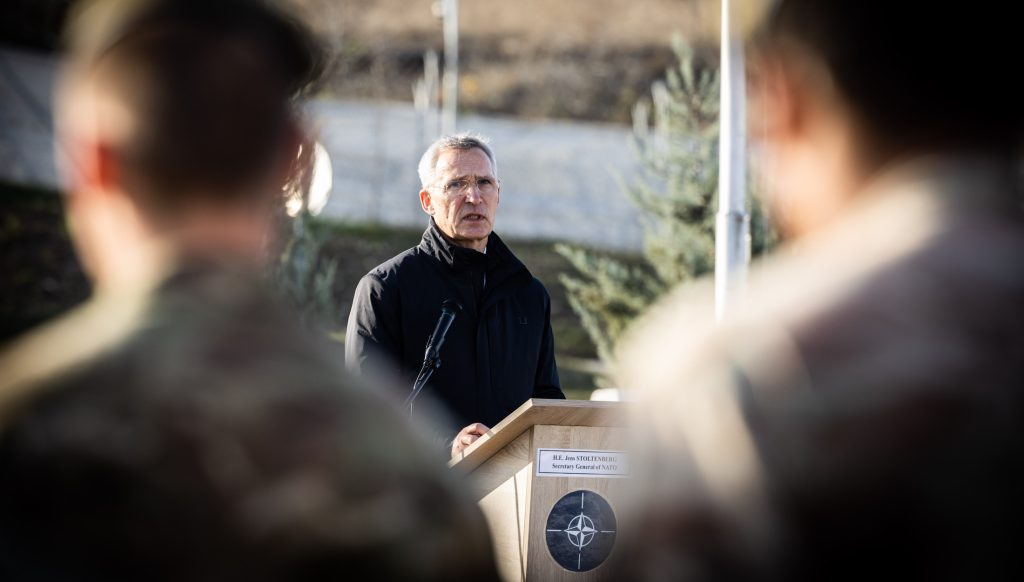
NATO Chief Jens Stoltenberg addresses KFOR troops in Kosovo this week. Photo: NATO.
Other news from the region
NATO is looking into a more permanent increase in the number of troops in the Western Balkans to keep tensions under control, NATO Secretary-General Jens Stoltenberg said on Monday. NATO sent hundreds of additional forces to Kosovo from Britain and Romania after a battle between police and armed Serbs holed up in a monastery turned a quiet village in northern Kosovo into a war zone in September. “We are now reviewing whether we should have a more permanent increase to ensure that this doesn’t spiral out of control,” Stoltenberg told reporters on a visit to Kosovo.
Moldova’s government asked lawmakers on Wednesday to prolong the state of emergency in the country by another 30 days from December 1. The state of emergency was declared at the start of Russia’s invasion of Ukraine, with which Moldova shares a long border. Prime Minister Dorin Recean’s government argued that the extension was necessary amid an expected escalation of Russia’s attacks on Ukraine’s energy infrastructure during the incoming cold season that could disrupt the supply of electricity to Moldova.
Azerbaijan’s President Ilham Aliyev accused France on Tuesday of creating conditions for a new war in the South Caucasus by supplying arms to Armenia. Aliyev used a speech at a conference on decolonisation in Baku to deliver a scathing broadside against France, which said last month it had agreed new contracts to supply military equipment to Armenia. “France destabilises not only its past and present colonies but also our region, the South Caucasus, by supporting separatist tendencies and separatists,” Aliyev said.
Hungary’s leading civil society groups this week accused Viktor Orbán of trying to “silence all critical voices” in the country after proposing legislation to create a “sovereignty protection office” investigating foreign influence. For years, the Hungarian prime minister has promoted a narrative that external forces are trying to undermine his government and prop up his opponents. On Wednesday seven civil society organisations warned in a statement that the plans for the “sovereignty protection office” were part of the government’s broader attempts to quash dissent.
Slovakia’s Prime Minister Robert Fico meanwhile also lashed out at critical media, civic groups and the European Union’s championing of liberal values this week as he outlined the agenda for his administration. Fico, who won a fourth term in power in September, has assailed the bloc’s sanctions against Russia, though he softened a key promise to halt military aid to Ukraine. His cabinet secured parliamentary approval in a confidence vote on Tuesday. Since returning to office, Fico has taken aim at several critical media, including the most popular television broadcaster.
Europe’s economic development and economic security depend on Bulgaria’s and Romania’s full integration into the Schengen area and the eurozone, Bulgarian Economy and Industry Minister Bogdan Bogdanov said on Thursday. Bogdanov and Romanian Economy, Entrepreneurship and Tourism Minister Stefan-Radu Oprea visited the Danube Bridge border checkpoint at Ruse. Truck drivers often have to wait more than six hours to get across the border between the two countries. “This is a serious problem for Europe,” Bogdanov said.
Estonia this week accused Russia of deliberately directing would-be migrants to its border. The claim was made after Finland confirmed it was sealing all but one crossing point with Russia. Finland claimed Russian guards were encouraging people originally from countries including Yemen, Afghanistan, Somalia and Syria, to try to cross. Estonia’s public broadcaster ERR reported that 75 migrants had tried to enter Estonia from Russia through the Narva crossing point since Thursday last week. None had asked for asylum and all were turned back.
Poland’s largest refiner Orlen this week agreed to purchase oil and gas producing assets on the Norwegian continental shelf from Kuwait Foreign Petroleum Exploration Co. for 445 million US dollars as part of an effort to diversify shipments of natural gas to the country. The acquisition of stakes in five fields will help Orlen boost its gas production in Norway by a third to more than four billion cubic meters, the Warsaw-listed company said in an emailed statement. Such output will allow it to fill about a half of the Baltic Pipe link to Poland with its own production.
Unlike many news and information platforms, Emerging Europe is free to read, and always will be. There is no paywall here. We are independent, not affiliated with nor representing any political party or business organisation. We want the very best for emerging Europe, nothing more, nothing less. Your support will help us continue to spread the word about this amazing region.
You can contribute here. Thank you.


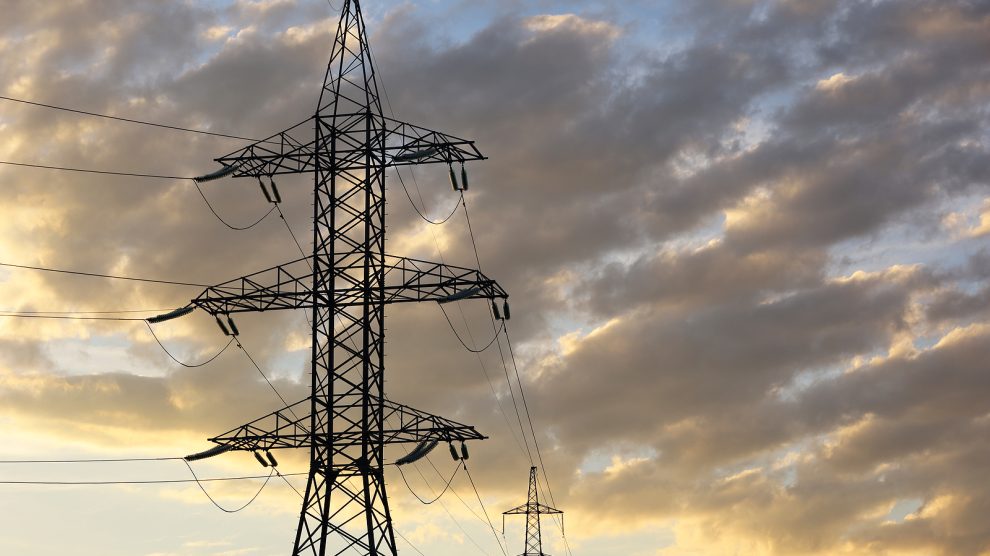

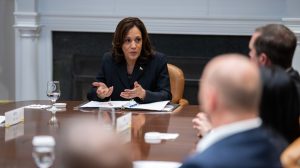
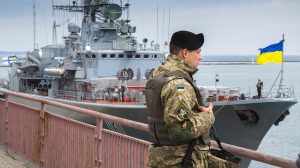
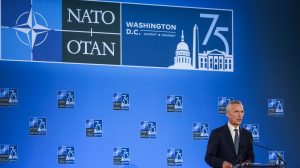
Add Comment